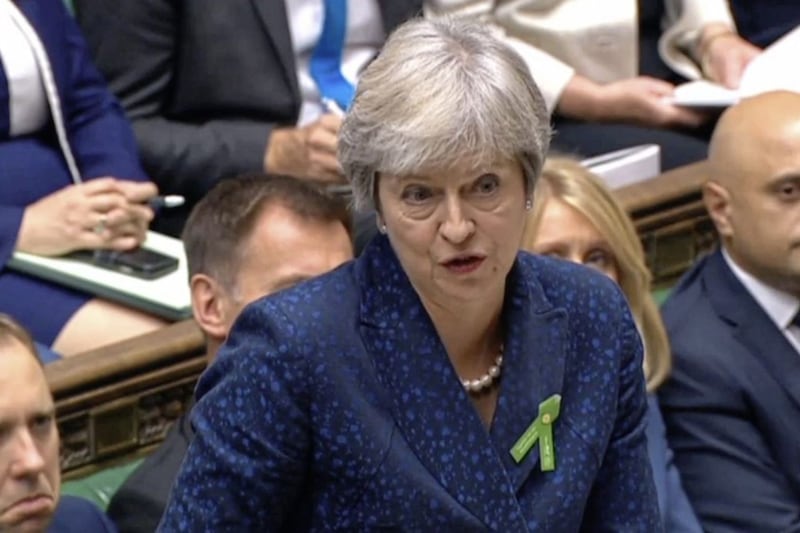THE President of the Northern Ireland Chamber of Commerce has said 2018 must be a "year of change and progress – both politically and economically” if Northern Ireland is ever to become an "economic powerhouse".
Speaking on behalf of the organisation, which represents over 1,200 businesses across the north, Ellvena Graham said that a lack of stability is affecting the growth prospects of local business.
“2017 saw many challenges for NI Chamber members – not helped by the continued absence of a regional Assembly and Executive. Our businesses needed the support of active and engaged public representatives to boost their confidence but it wasn’t there – that has to change in 2018," she said.
“This lack of stability in local government has further compounded the lack of clarity surrounding Northern Ireland’s position within Brexit negotiations. Sharing a land border with the EU means Northern Ireland has a crucial stake in these negotiations – yet discussions are going on without a cohesive Northern Ireland voice and that of business being heard directly. If we remain stuck in the quagmire of 2017, Northern Ireland’s potential to become an economic powerhouse may never be realised. 2018 must be the year of change and progress – both politically and economically."
“We can’t go another year without an Executive with Northern Ireland Ministers taking decisions on Northern Ireland matters. Businesses need the support of active and engaged public representatives to boost their confidence at this critical time," she continued.
Mrs Graham stressed that the "atmosphere of uncertainty" in relation to Brexit must end in 2018 and that in upcoming negotiations Northern Ireland’s unique trading circumstances must be understood and recognised as a matter of priority to ensure growth is not hindered.
The Northern Ireland chamber head also flagged the skills shortage in the north as a "major" problem.
"A lack of skilled workers has long been considered one of the central weaknesses of the Northern Ireland economy and finding staff with the right skills continues to be a major problem for businesses.That’s compounded by our flawed university funding model and the fact that the Apprenticeship Levy is not working for Northern Ireland."
“Also, whilst businesses will be particularly pleased that EU citizens currently living and working in the UK now have more clarity as a result of the Phase 1 agreement, it’s still essential that an unequivocal commitment on their future rights is made whatever the outcome of the negotiations. These talented workers are required and the argument that we have people here that could do the jobs with training is not realistic – the economic inactivity issue will take generations to solve. We need to ensure that we can match the personnel needs of companies with our labour supply.”
Mrs Graham added that she was looking forward to infrastructure improvements to take place in 2018, including the £90 million Belfast Rapid Transit (BRT) scheme, due to begin in September, but stressed the Department for Infrastructure must announce its decision on the North South Interconnector project "as soon as possible".
"Delivery of the North South Interconnector is a top priority for NI Chamber’s membership. Businesses and employers need access to electricity in the most cost efficient manner possible, and a positive decision on the proposed Interconnector is key to achieving this.”








